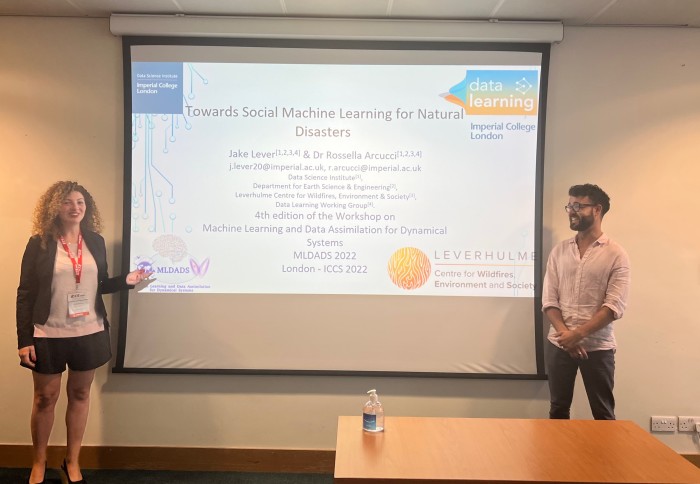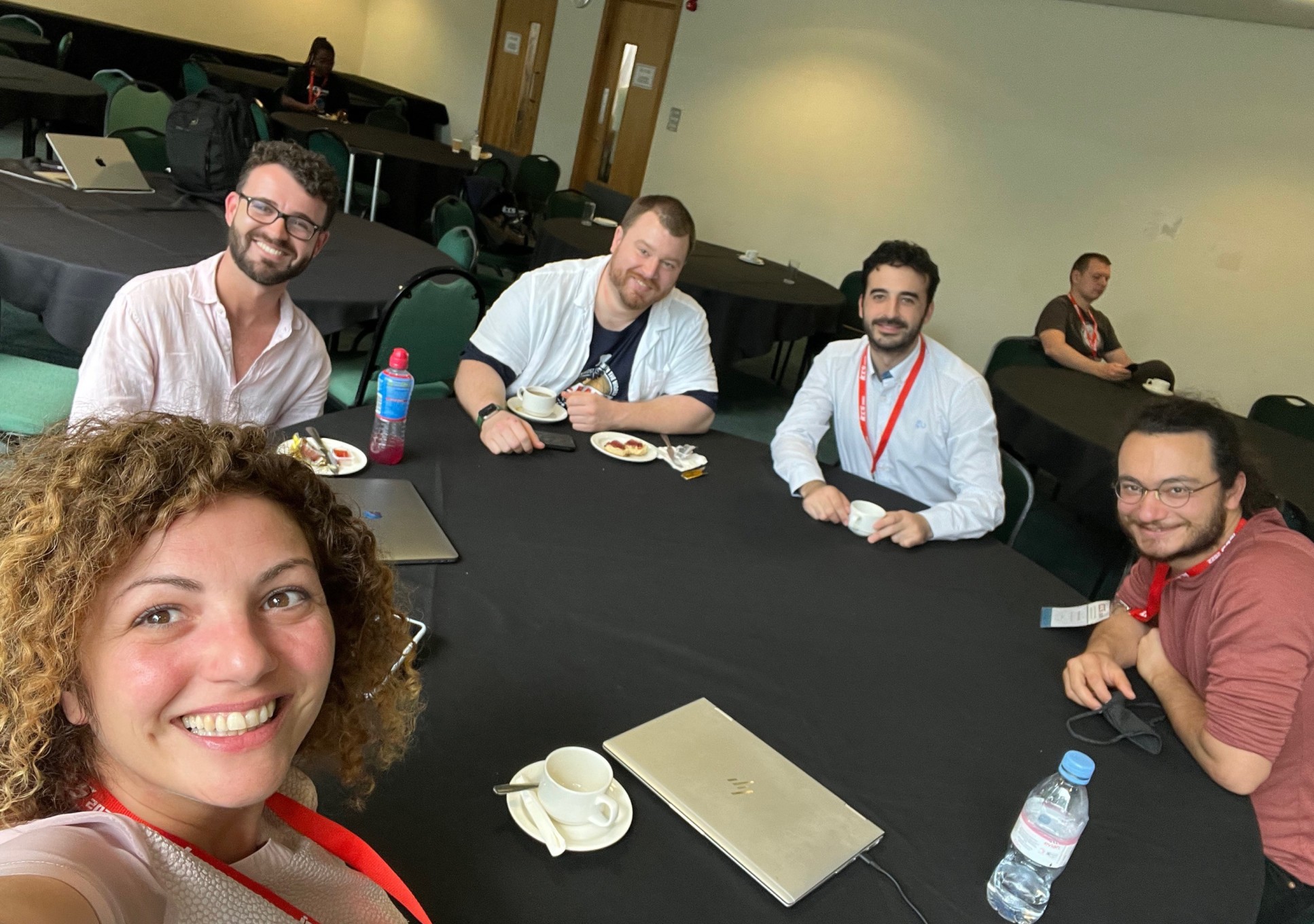Imperial data scientists host cutting-edge workshop at annual ICCS conference
by Gemma Ralton

Scientists from Imperial hosted a workshop at the annual ICCS conference, delivering a series of talks about machine learning and data assimilation.
The International Conference on Computer Science (ICCS) is an annual conference that brings together researchers from mathematics and computer science with other science disciplines and humanitarian fields, to discuss problems and solutions and identify new areas for research.
This year, the ICCS conference was hosted by Brunel University in London on 21-23 June 2022 and was split into 16 thematic tracks, each intended to provide a forum for the discussion of one or more specific topics in the field of computational science.
Machine learning and data assimilation workshop
The thematic track and accompanying workshop organised by Imperial’s Data Science Institute (DSI) covered the popular topic of Machine Learning and Data Assimilation for Dynamical Systems (MLDADS). This was hosted by the DSI’s Dr Rossella Arcucci, Prof Yi-Ke Guo, Dr Cesar Quilodran Casas, Dr Sibo Cheng and Jake Lever and represented the fourth workshop in this series under the ICCS conference.
The intersection of dynamical systems, data assimilation and machine learning is largely unexplored. The goal of the workshop was to bring together researchers from these fields to identify and fill in any research gaps. In total, around 40 papers were submitted for the workshop and around half of those were accepted.
The Data Learning group from the DSI and the Earth Science and Engineering Department gave two popular talks: Dr Cheng, Dr Quilodran-Casas and Dr Arcucci’s spoke about reduced order surrogate modelling and latent assimilation for dynamical systems and Jake Lever gave a presentation on social machine learning for natural disasters.

The ICCS Conference
The ICCS 2022 was held in London and was the twenty-second edition in this series of conferences.
The conference theme this year was “The Computational Planet”, highlighting the role of Computational Science in tackling the current challenges of the all-important quest for sustainable development.
It focused on recent developments in scalable scientific algorithms; advanced software tools; computational grids; advanced numerical methods and novel application areas.
The conference is well known for its excellent line-up of keynote speakers and this year, Imperial’s Professor Neil Ferguson delivered a talk on modelling and simulation to inform policy responses to global threats, featuring lessons learned from the COVID-19 pandemic.
Article text (excluding photos or graphics) © Imperial College London.
Photos and graphics subject to third party copyright used with permission or © Imperial College London.
Reporter
Gemma Ralton
Faculty of Engineering